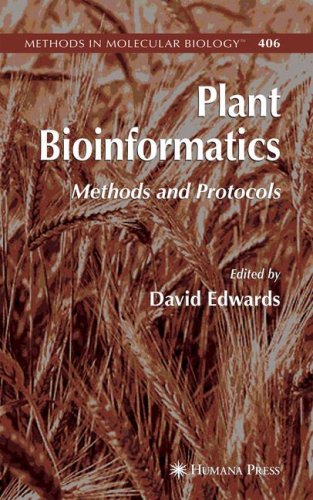

Most ebook files are in PDF format, so you can easily read them using various software such as Foxit Reader or directly on the Google Chrome browser.
Some ebook files are released by publishers in other formats such as .awz, .mobi, .epub, .fb2, etc. You may need to install specific software to read these formats on mobile/PC, such as Calibre.
Please read the tutorial at this link. https://ebooknice.com/page/post?id=faq
We offer FREE conversion to the popular formats you request; however, this may take some time. Therefore, right after payment, please email us, and we will try to provide the service as quickly as possible.
For some exceptional file formats or broken links (if any), please refrain from opening any disputes. Instead, email us first, and we will try to assist within a maximum of 6 hours.
EbookNice Team

Status:
Available5.0
16 reviewsBioinformatics is a new and rapidly evolving field of research that is being driven by the development and application of various ‘omics technologies. Plant Bioinformatics focuses on applied bioinformatics with specific applications to crops and model plants. Chapters in this new volume are aimed at researchers developing bioinformatics databases and tools, detailing commonly applied database formats and biology-focused scripting languages. These will provide both beginners and experienced bioinformatics researchers with the necessary skills to develop and apply bioinformatics tools for their specialist area of plant research. Each chapter includes practical examples and highlight common problems encountered in bioinformatics analysis. Protocols in this volume detail EMBL Nucleotide Sequence, TAIR database, VarvEST, MIPS, BGI-RIS V2, BarleyBase/PLEXdb, SAGE, KEGG, and more. Plant biologists who have an interest in or requirement for the accessing and manipulation of the huge amount of data being generated by high throughput technologies will find this new volume to be an immeasurable aid in their research.